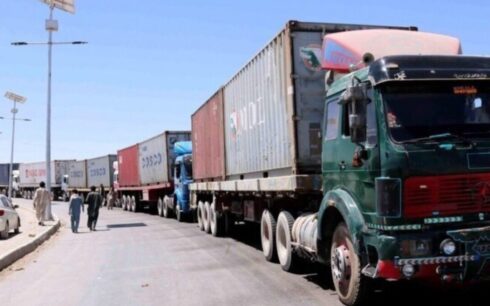Olive production in Nangarhar province in the east of the country is expected to witness a slight decrease this year over certain matters, including pests and diseases in farming lands, an official from a state-owned olive processing factory said on Monday.
Figures by the Nangarhar Canal Department, an entity that oversees olive production and processing in the province, show that at least 900 tons of oil will be processed in the only state-owned olive processing factory in Nangarhar, which is lower than over 1,000 tons in the previous years.
“The production will be lower than the last year,” said Atiqullah Nayir, a manager at Nangarhar Olive Factory. “There are many reasons: One is that farming is not always at the same level and another is lack of awareness among the people about protecting olive farming lands.”
The manager said the factory used to process 20 tons of oil a day but as the machinery is getting old, the capacity has also reduced.
“We can improve our capacity if we are supported financially,” he added.

The Nangarhar olive factory was built on 27 hectares of land in 1983 and had the capacity to produce 4,000 tons of olives. In its first years of operation, the company had 1,050 workers. Although the number of its workers has reduced to 60, its production has remained steady.
Zalmay, a young worker at the factory, said that power outages disrupt their work from time to time.
“We are satisfied with our job. The company can improve and will create more jobs for other young people if it is supported,” he added.
Ezatullah, another worker of the factory, said he is happy about his job, but the burden of his work is a lot due to lack of workers. “At many times, one person performs the job of three people and it is hard.”
Figures by the Canal Department show that at least 122,000 liters of olive oil and at least 10 tons of pickles will be produced at the factory this year.
According to the Canal Department figures, at least 3,100 hectares of land was used for olive farming, but it has reduced to 1,720 hectares in recent years.





